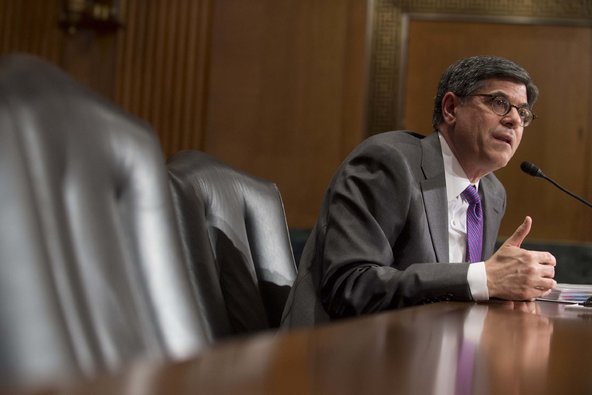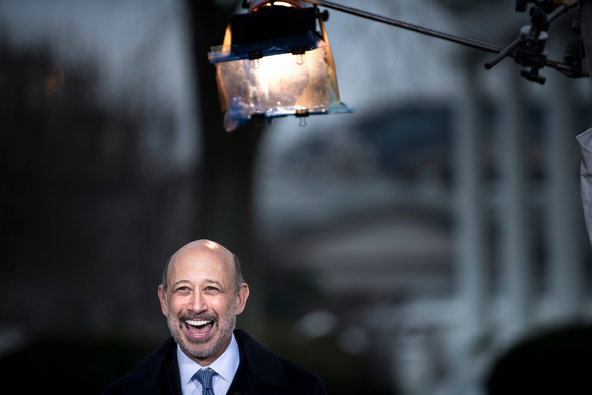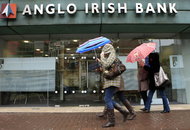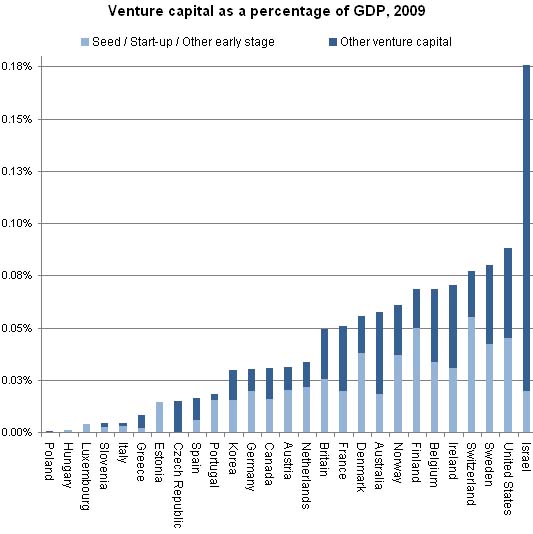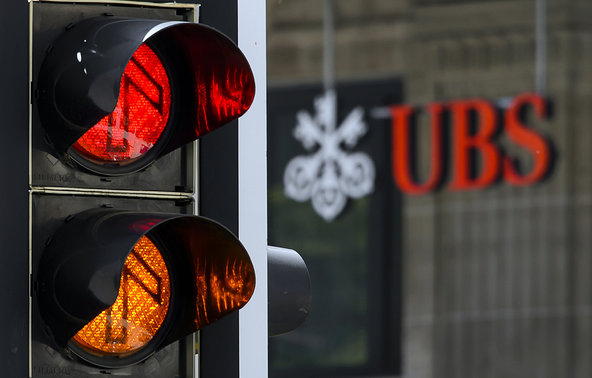 Fabrice Coffrini/Agence France-Presse — Getty ImagesA branch of UBS in Lausanne, Switzerland.
Fabrice Coffrini/Agence France-Presse — Getty ImagesA branch of UBS in Lausanne, Switzerland.
UBS, the Swiss banking giant, said on Monday that it had reached an agreement in principle with a United States regulator to settle claims related to mortgage-backed securities issued between 2004 and 2007.
The Federal Housing Finance Agency sued UBS and 17 other big banks in 2011, accusing them of misrepresenting the quality of mortgage securities they assembled and sold at the height of the housing bubble, and seeking billions of dollars in compensation. UBS was the first, and the agency said it owned $4.5 billion worth of mortgages, with losses totaling $900 million.
While the company did not disclose the amount of the proposed settlement, UBS said in a statement that it was booking about 865 million Swiss francs ($919 million) of pretax charges related to the settlement and a tax agreement between Switzerland and Britain.
UBS is booking about 700 million francs in charges at the business that focuses on its portfolio of noncore and legacy assets, and about 100 million Swiss francs in its wealth management division related to the tax agreement, which requires banks to collect taxes on accounts of British citizens.
The full cost of the settlement will be covered by previous provisions and those taken in the second quarter, UBS said.
The announcement of the proposed settlement came at the same time UBS reported preliminary results for its second quarter. The bank reported that profit rose to about 690 million francs from 425 million francs in the period a year earlier. The company is to report full results on July 30.
Article source: http://dealbook.nytimes.com/2013/07/22/ubs-reaches-settlement-on-mortgage-securities/?partner=rss&emc=rss
